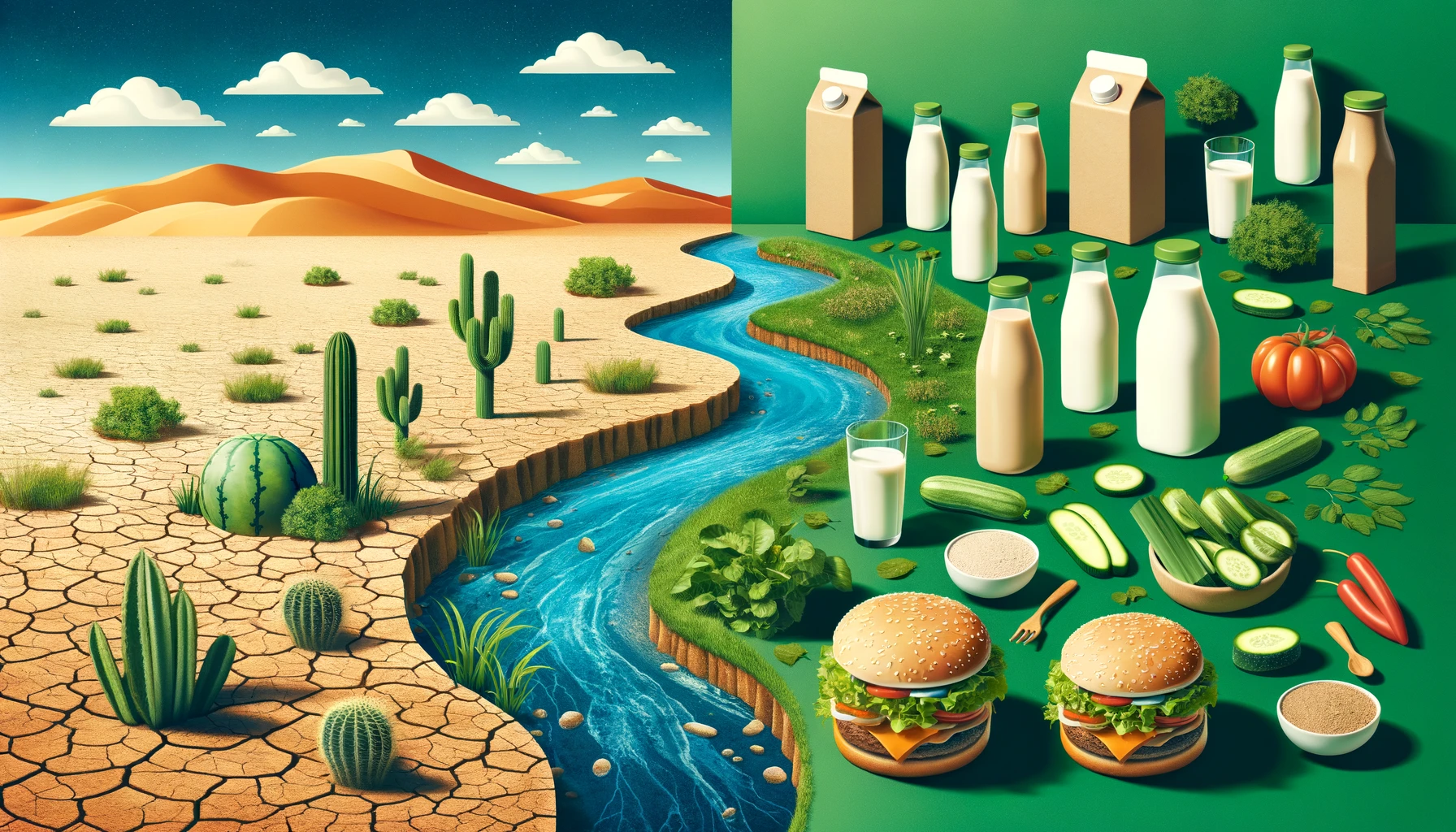
TIME has just named its 2024 class of Next Generation Leaders, which celebrates young influencers shaping our future across various fields, including politics, arts, sports, and science. Among this year’s honorees are individuals whose initiatives are pivotal in steering the global community toward sustainability and eco-friendly practices. Notably, Beth Koigi and Matias Muchnick stand out for their groundbreaking work, offering innovative solutions that promise to address and transform sustainable challenges and address needs.
Beth Koigi: Revolutionizing Water Accessibility
Beth Koigi, 33, has embarked on a mission to tackle one of the world’s most pressing issues—water scarcity. Her company, Majik Water, stems from a clear vision: making clean drinking water accessible in drought-stricken regions. Operating from Kenya, where water scarcity affects half the population, Koigi’s venture introduces a technology that extracts drinkable water from air humidity.
The innovation behind Majik Water involves atmospheric water generators (AWGs), which use a filtration process to condense and purify air moisture into potable water. Remarkably, these systems are powered by solar energy, enabling their use in remote and underserved areas, free from the constraints of traditional energy sources. This approach circumvents the need for extensive infrastructure and is globally adaptable to varying atmospheric conditions.
Koigi’s approach is holistic. From emergency relief through non-governmental organizations to regular access in local communities, Majik Water’s solutions are designed to empower local economies as much as they are about providing water. By enabling local entrepreneurs to operate these AWGs, Koigi fosters a model of economic opportunity coupled with environmental sustainability.
Matias Muchnick: Innovating Plant-Based Foods
Matias Muchnick, CEO and co-founder of NotCo, represents another facet of environmental innovation through his work in the food technology sector. NotCo’s mission is to reduce the world’s reliance on animal products by creating tasty, sustainable, plant-based alternatives. At the heart of NotCo’s innovation is a proprietary artificial intelligence system that discovers novel plant-based combinations that replicate animal product flavors and textures.
Products like NotMilk, NotBurger, and NotChicken, which incorporate unique ingredients such as pineapple and cabbage, or tomato and strawberry, showcase NotCo’s commitment to sustainability and health. These products cater to the growing global demand for plant-based foods while significantly reducing the environmental footprint associated with traditional food production methods.
Since its inception, NotCo has achieved rapid growth, marked by its status as the first Chilean unicorn in the food-tech industry, and continues to expand its market reach with a valuation poised to reshape the future of food.
The Broader Impact of Environmental Leadership
Both Koigi and Muchnick exemplify how out of the box thinking, vision and leadership can drive environmental innovation and green technology. Their projects highlight a crucial trend in sustainable practices with the shift towards local and adaptable solutions that are globally scalable. Through their work, they demonstrate how addressing environmental issues such as water scarcity and the inefficiencies in food production can lead to broader societal benefits, including economic development and reduced ecological footprints. For those committed to environmental stewardship, supporting and scaling such innovations could be the key to achieving sustainable development goals worldwide.
Partner With Us
The Institute for Sustainability Africa (INŚAF) is an independent multi-disciplinary think tank and research institute founded in Zimbabwe in 2010 with the Vision to advance sustainability initiatives for Africa.




